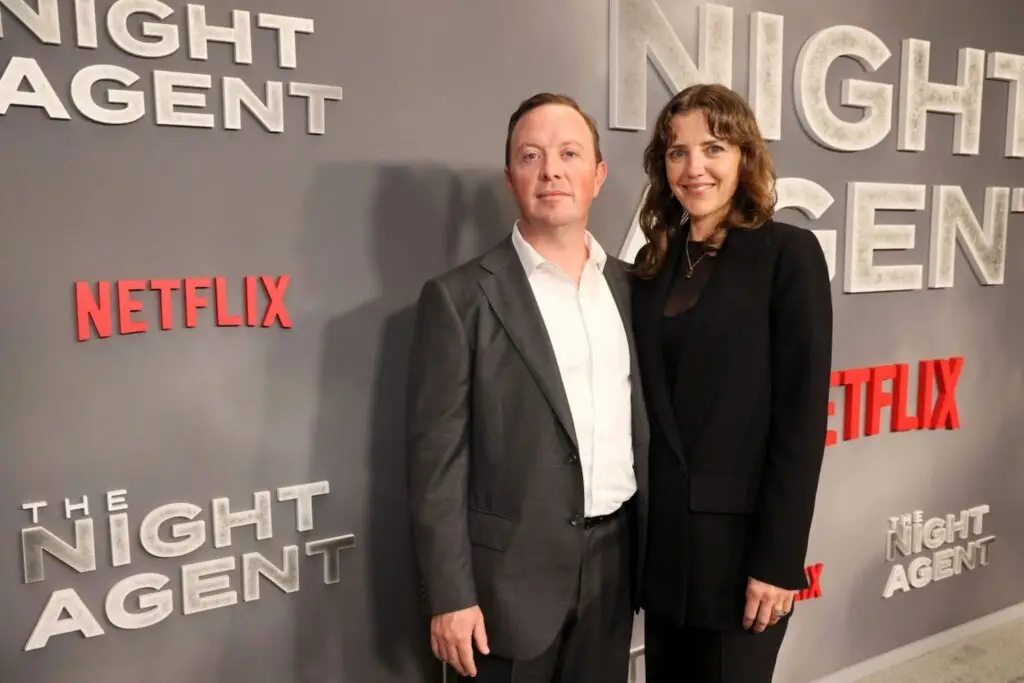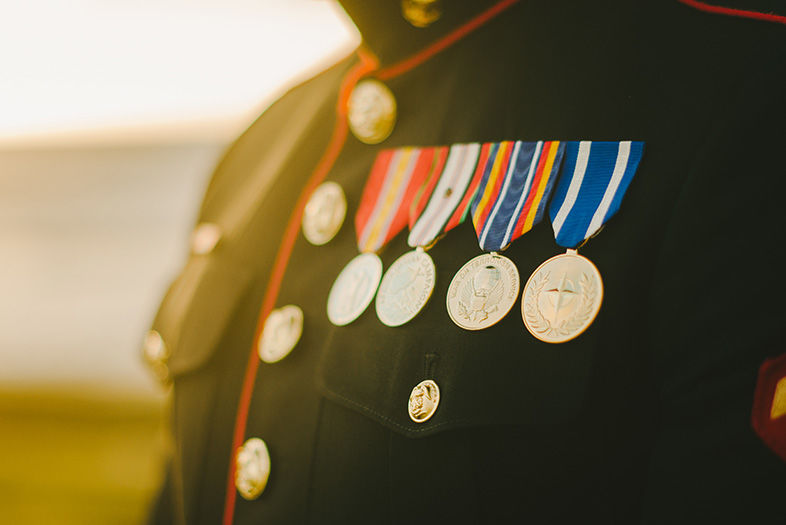The phrase “Thank you for your service” is very divisive within the armed forces. Service means different things to different people, and reasons for joining the military are diverse. We asked 9 local service members what they’d prefer—here’s what they had to say.
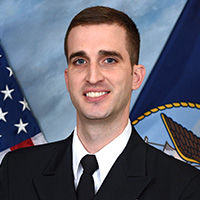
Should You Say “Thank You for Your Service”?
Lieutenant Commander Bryan Schneider
US Navy
“The job description is hard, and leaving your family for months to sail overseas and defend the freedoms everyone holds dear is difficult, but knowing that the public acknowledges this with a small phrase means more to me than most will know.”
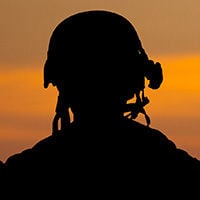
Should You Say “Thank You for Your Service”?
Petty Officer First Class (Name Withheld)
US Navy SEAL
“Most SEALs don’t wear their uniform out in public, so we don’t really get thanked for our service. If you’re looking for thanks then you’re in the wrong job, because people shouldn’t know what we do. I don’t do this for the acknowledgment or the money—it’s about serving my country.”
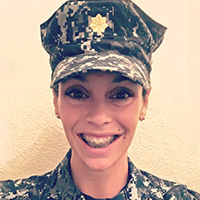
Should You Say “Thank You for Your Service”?
Lieutenant Commander Lenaya Rotklein
US Navy Reserve
“I am honored to serve our country as a sailor in the US Navy. There is certainly no thanks or acknowledgment needed!”
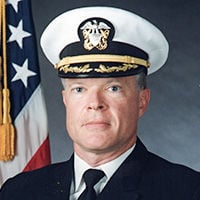
Should You Say “Thank You for Your Service”?
Captain David Frost
US Navy Reserve (retired)
“As a Cold War, draft-era serviceman, and now as a retiree, I accept heartfelt expression or displayed gratitude in most any form… I think often about prior returning servicemen who didn’t get thanked as acknowledgment. Baby boomers like me remember tragic scenes of heroes in uniform returning to jeers, spittle, and threats in our Vietnam era. We’re getting better. We needed to.
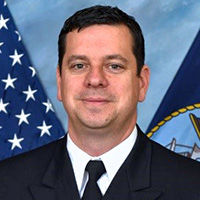
Should You Say “Thank You for Your Service”?
Commander Alex Mamikonian
US Navy
“Those who take the time to thank a veteran should be assured that we appreciate the gesture, and they should openly engage in conversations with our men and women in uniform—ask what they do, and where they’ve been. Each story is unique. I believe the statement ’Thanks for your service’ isn’t received well because it sounds superficial, as though they returned your dry cleaning in a timely manner. A simple change that carries more weight is ‘Thank you for serving.’”
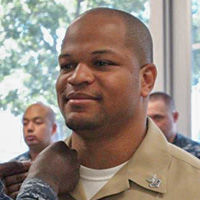
Should You Say “Thank You for Your Service”?
Petty Officer First Class Anthony J. Ford
US Navy
“Hearing ‘Thank you for your service’ feels amazing. It tells us that we’re supported by the very people we swear to support and defend. It can take a while to know what to say back. My first year, I was a bit taken aback by the statement. I didn’t really know what the sacrifice would be. After a few years, a couple of deployments, ship life, an overseas tour—and all the sacrifices along the way—that kind of sunk in. I was prouder of my country, shipmates, and career choice. My response became ‘It’s an honor to serve.’”

Should You Say “Thank You for Your Service”?
Petty Officer Second Class Daniel Lebel
US Navy
“With the freedoms we enjoy in America today, we often forget how those freedoms came to be… I personally haven’t contributed as much as those who gave their lives or sustained life-changing injuries. When someone says ‘Thank you for serving,’ I don’t take it as meant for me, but for all service members past, present, and future. It’s an acknowledgment that they understand where their freedoms come from. It brings great joy and pride to me to hear that phrase. I wouldn’t want it any other way.”
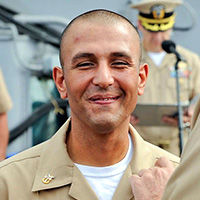
Should You Say “Thank You for Your Service”?
Master Chief Petty Officer Jade Metz
US Navy
“I think it’s important for civilians to understand that our response is just as heartfelt when we say ‘Thank you for your support’ in return. I hope they feel our sense of gratitude as well. Without their support on the homefront and appreciation of the values that our country stands for, why else would we volunteer our service?”
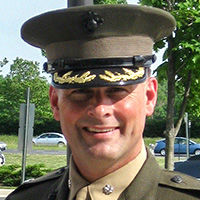
Should You Say “Thank You for Your Service”?
Lieutenant Colonel Jason Gerin
US Marine Corps (retired)
“Many of our younger veterans have spent their entire adult life in the military engaged in combat operations and selfless service. We can better acknowledge our veterans by taking the time to understand their values and experiences so we can truly know what we’re thanking them for.”
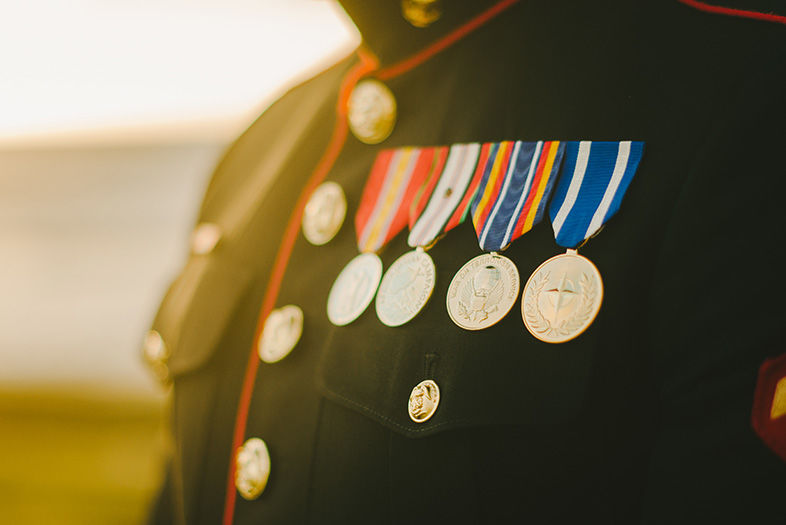
PARTNER CONTENT
Should You Say “Thank You for Your Service”?














